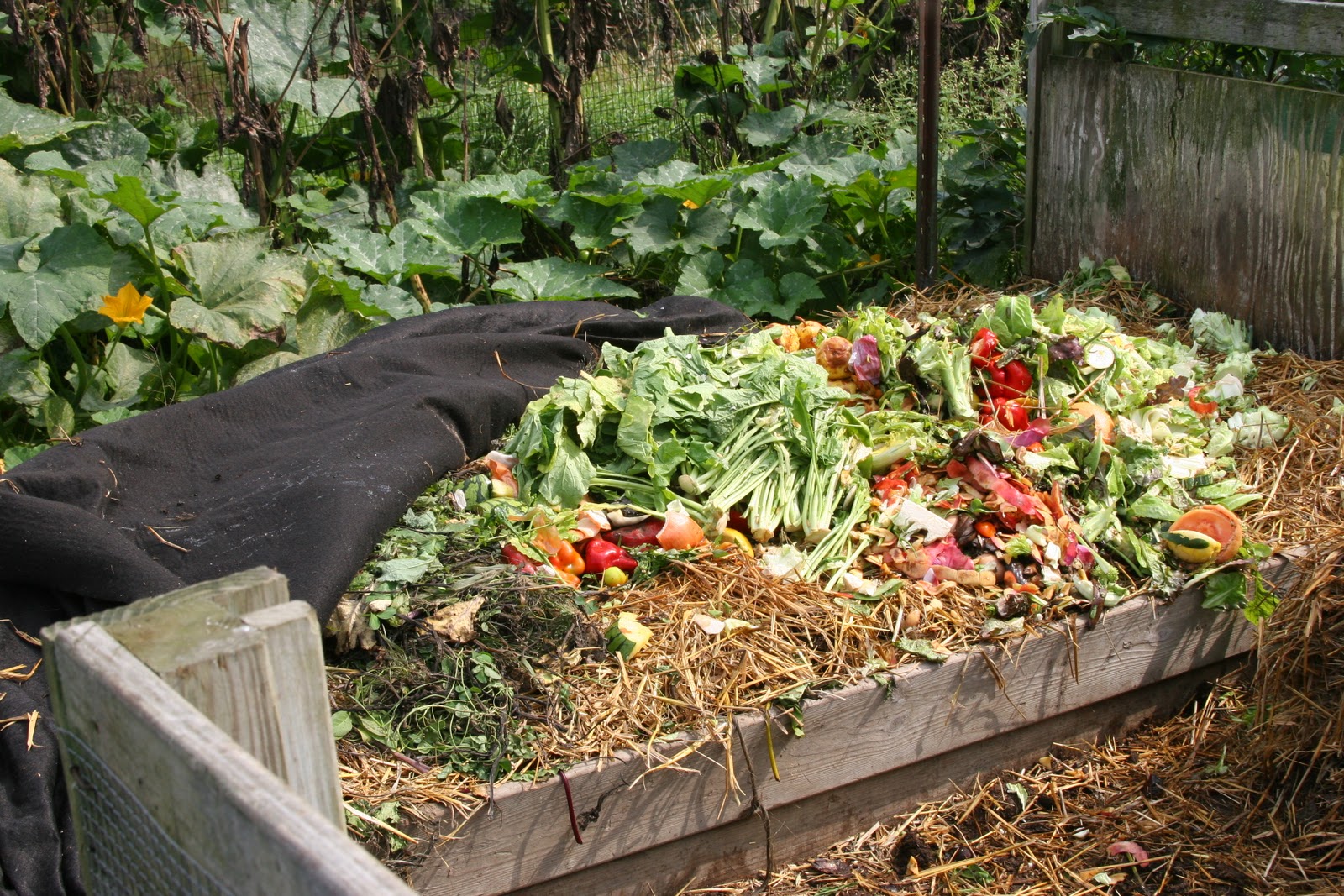Boost Your Garden Yield with Compost, A Comprehensive Guide

Boost Your Garden Yield with Compost: A Comprehensive Guide
Are you tired of lackluster harvests and struggling plants? Look no further than compost, the gardener's secret weapon for high yield gardens.
Compost: The Ultimate Plant Food
Compost is nature's way of recycling organic matter into nutrient-rich soil amendments. It's like a multivitamin for your plants, providing a balanced mix of essential nutrients they need to thrive.
The Benefits of Compost for Your Garden
Compost benefits extend beyond just providing nutrients. It improves soil structure, enhances water retention, and supports beneficial soil microorganisms. This creates an ideal environment for healthy plant growth.
How to Make Your Own Compost
Making compost at home is easier than you think. You just need a mix of green (nitrogen-rich) and brown (carbon-rich) materials, moisture, and air. Learn more about composting here.
High Yield Gardening Techniques with Compost
Incorporating compost into your gardening routine can significantly boost your yields. Here are some techniques to try:
1. Top Dressing
Spread a layer of compost around your plants to provide a slow-release source of nutrients.
2. Compost Tea
Brew a batch of compost tea to deliver nutrients directly to your plants' roots.
3. Trench Composting
Dig trenches and fill them with compost to improve soil structure in your vegetable beds.
Nutrient-Rich Compost vs. Chemical Fertilizers
Unlike chemical fertilizers, compost doesn't just provide a quick nutrient boost. It improves the overall health of your soil, leading to stronger, more resilient plants.
Plant Growth Boosters: The Power of Compost
Compost stimulates plant growth in several ways. It improves nutrient uptake, enhances root development, and increases the availability of essential micronutrients.
Organic Soil Amendments: Why Compost is King
Compared to other organic soil amendments, compost stands out for its versatility and nutritional value. It's like a one-stop shop for all your soil improvement needs.
Overcoming Common Composting Challenges
Don't let common composting issues deter you. Problems like odors, pests, and slow decomposition can usually be solved with simple adjustments to your compost pile.
The Role of Compost in Sustainable Gardening
Composting is a key part of sustainable gardening. It reduces waste, conserves resources, and promotes biodiversity in your garden.
Conclusion
Using compost for high yield gardens is a no-brainer. It's cost-effective, environmentally friendly, and delivers outstanding results. So why wait? Start composting today and watch your garden flourish!
FAQs
-
What can I compost? You can compost most kitchen and yard waste, including fruit and vegetable scraps, coffee grounds, eggshells, and leaves.
-
How long does it take to make compost? Composting can take anywhere from a few months to a year, depending on factors like the size of your pile and the materials you're using.
-
Can I use compost on all plants? Yes, compost is beneficial for almost all plants. It can be used in vegetable gardens, flower beds, and even in potted plants.
-
What if my compost smells bad? If your compost smells, it likely needs more air or a better balance of green and brown materials. Turning your pile regularly can help.
-
Can I use compost as a mulch? Yes, mature compost makes an excellent mulch. It helps retain moisture, suppress weeds, and continues to improve your soil as it breaks down.
0 Response to " Boost Your Garden Yield with Compost, A Comprehensive Guide"
Post a Comment